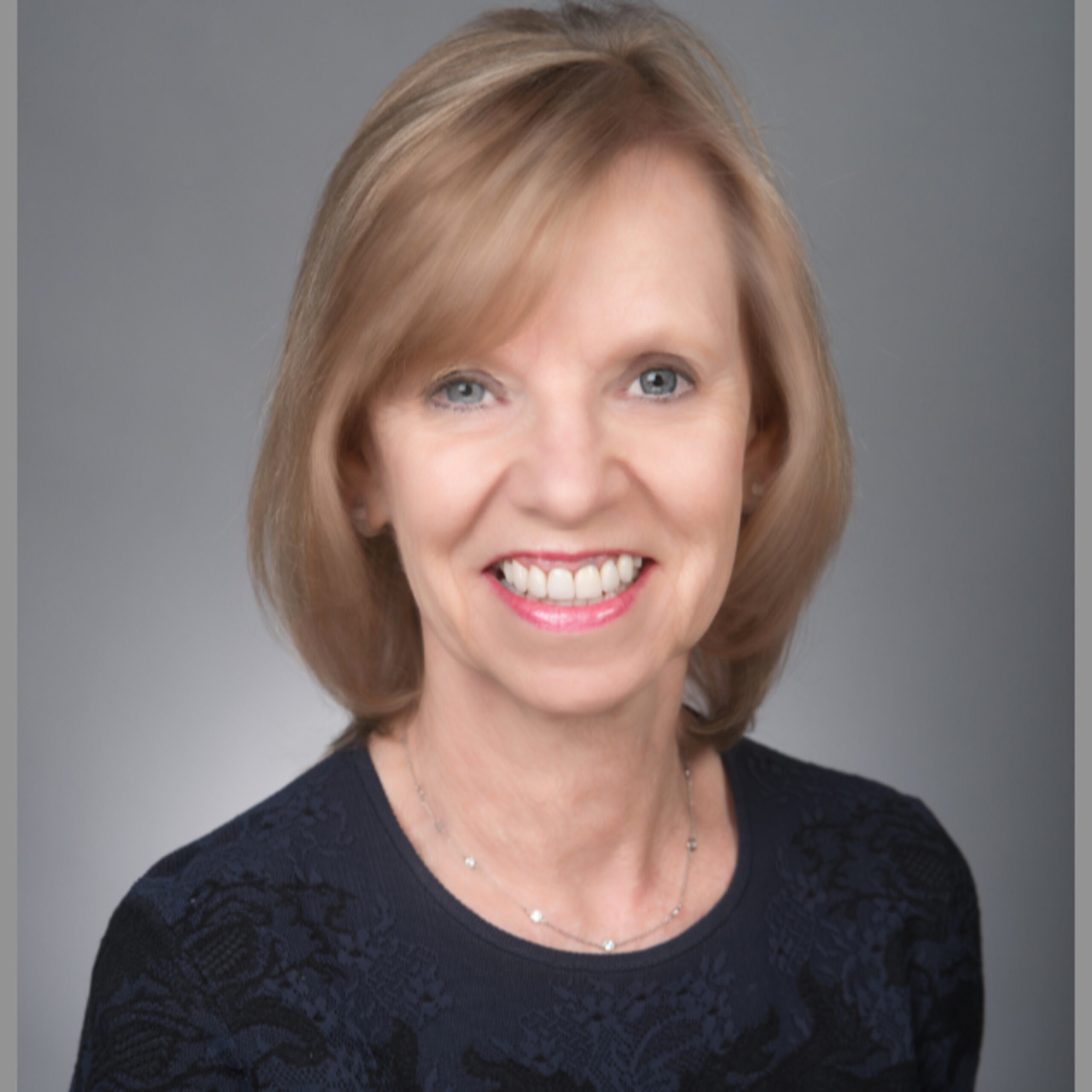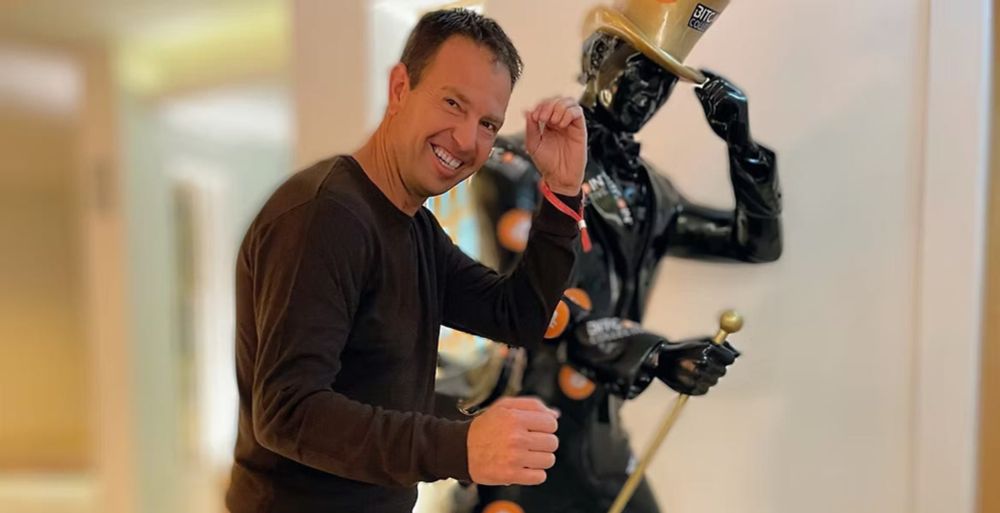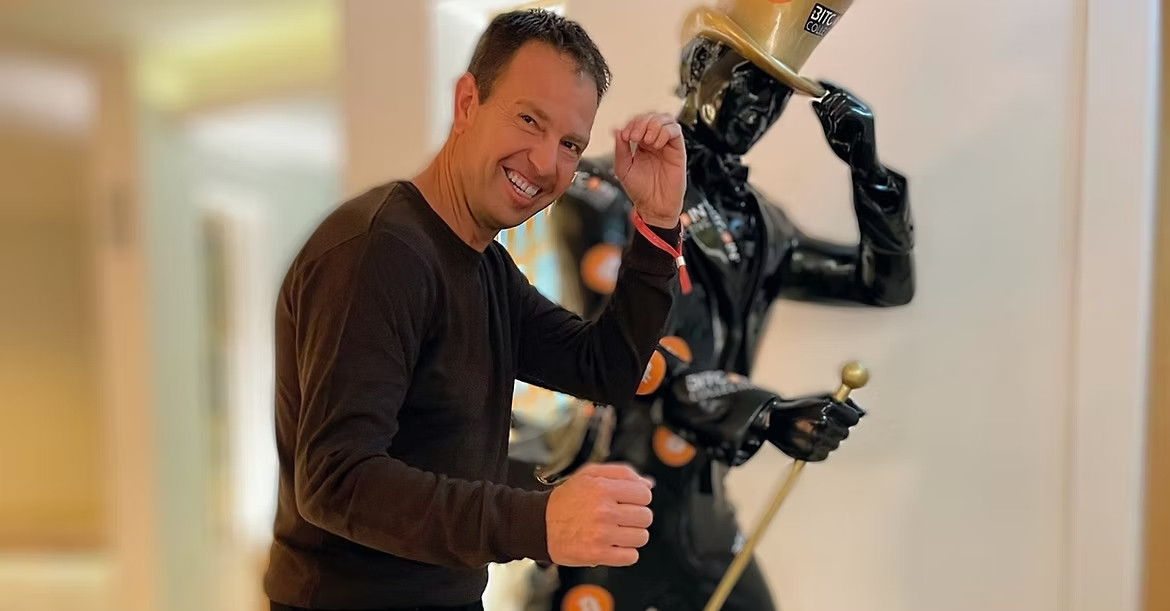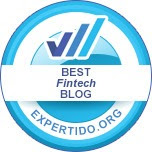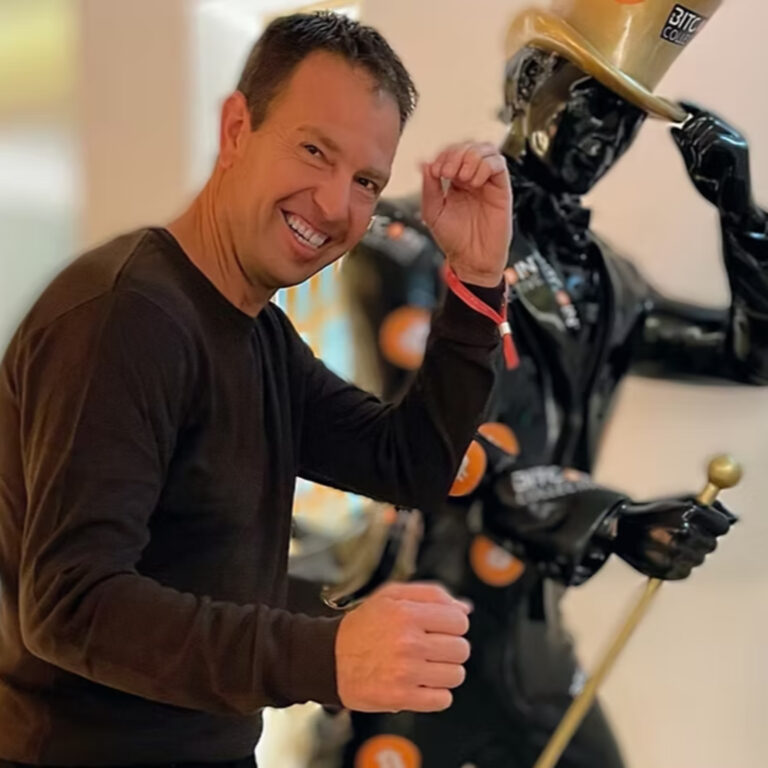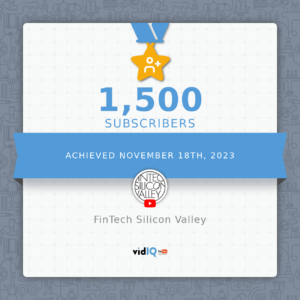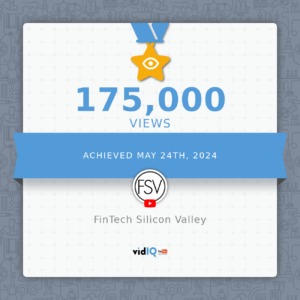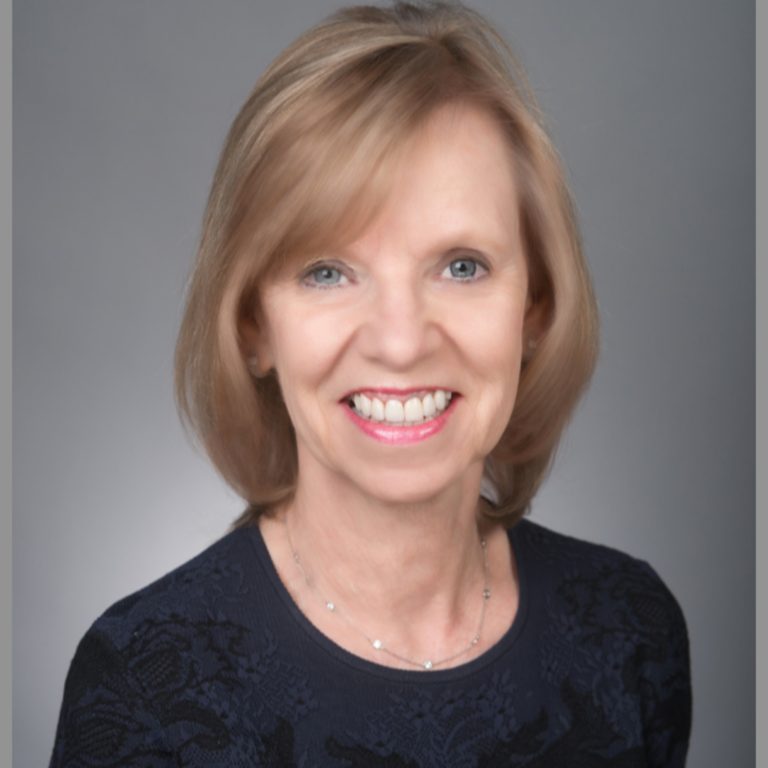
Ann Winblad Managing Director Hummer Winblad Venture Partners, a venture capital firm she co-founded in 1989. She is a well-known and respected software industry entrepreneur and technology leader. Her background and years of experience in the software industry have been chronicled in many national and international business publications. Hummer Winblad Venture Partners was the first venture firm focused exclusively on software. In her 30-year career as a venture capitalist, Ann’s firm has launched over 160 enterprise software companies and led investments that pioneered successful companies across the enterprise software sector: Business Intelligence, Analytics, Software Development, Integration, Data Center Optimization, Cloud Computing and Security.
Ann Winblad Managing Director Hummer Winblad Venture Partners, a venture capital firm she co-founded in 1989. She is a well-known and respected software industry entrepreneur and technology leader. Her background and years of experience in the software industry have been chronicled in many national and international business publications. Hummer Winblad Venture Partners was the first venture firm focused exclusively on software. In her 30-year career as a venture capitalist, Ann’s firm has launched over 160 enterprise software companies and led investments that pioneered successful companies across the enterprise software sector: Business Intelligence, Analytics, Software Development, Integration, Data Center Optimization, Cloud Computing and Security.
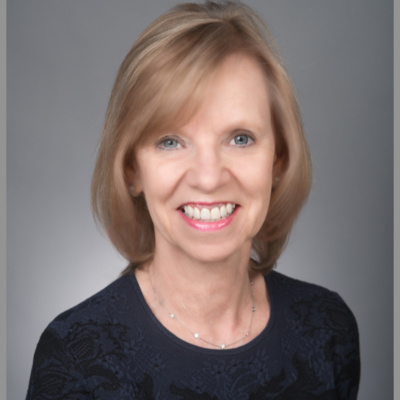
Transcription
PEMO: Ann welcome, lovely to speak to you again after so long, I was wondering how you’re coping with this crisis.
ANN: Well, one of the things that we’re doing is holding weekly meetings with all of our CEOs through optional meetings. So we get a basic view of what’s going on in our companies, large and small. And we also get a chance to really understand what the challenges are running a company during this crisis.
PEMO: And can you also just cover briefly what kind of investments you’re focused on?
ANN: Well, we celebrated our 30th anniversary as a fund last September, so we’re in our 31st year with our same focus. We began as the first venture firm focused solely on software and enterprise software. So we are usually the first investor in a company, a venture investor. We start with the series a occasionally we’ll do a seed investment, and we always focus on enterprise software, which is business business software.
PEMO: Fantastic. Thanks for that. That’s just for those that don’t know what you’re, you’re focused on and how are you managing your current portfolio at the moment with what’s happened?
ANN: Well, our job is much easier than our CEO’s job. The company’s came off a very strong Q1 which was pretty much the end of the old economy, as we know it. We were fortunate that our companies were all in a pretty strong position entering into this very challenging time. Also enterprise software has been a sector that has done pretty well all in all, given that the majority of corporations worldwide, we’re still early on in their digital transformations. And as one CEO described to me, digital transformations that were lagging suddenly went into hurry up mode. So everybody is really been very focused on looking at their pipelines with a strong reality lens managing their finances, very tightly. Most companies have frozen hiring but there have not been massive layoffs as you know, enterprise software companies are not ones that employ tens of thousands. So it, and they’ve all for the most part had distributed workforces to start with, although not a hundred percent distributed. So they’ve had to pivot to being virtual companies as has everyone else.
PEMO: Right. and you still looking at new investments and and if so, how are you doing that?
ANN: Well, we had new investments in our pipeline. We recently closed a new investment in Canada, we fund North America based companies and that company is called smart access. And that, that was closed just in the last few weeks. However, I will say that the deals in the pipeline we’re actually in the pipeline before March, it does for early stage investing. We take, we give fast no’s and slow yeses. And what that means is that if we’re going to be involved in a company in the enterprise software space, a successful company like MuleSoft, which we funded at five people will be on those boards for 10 years. So we want to really understand the culture and composition of the teams. We really do a lot of due diligence on the marketplace, although we’re gazing into the future and that’s a little challenging to do so we still have a few deals and talk. We have three deals that are lined up to close in the next month or so. And those have gone through the pretty normal process of due diligence because they started on before the pandemic closing has always been something that’s done online and virtual. So that has not changed. So we’ll really see what happens when we started deal a fresh virtual we’re not in our offices because we’re based in San Francisco. So any auditions we’re doing, we’re doing virtually, but we were zoom users long before March.
PEMO: And so would you contemplate considering we don’t know how long this this effect self isolation and everything’s going to go on for it. Would you consider investing in a company just via virtual without any human contact?
ANN: Well, we’ll see you know, software is really such a people intensive business intellectual capital in a software company trumps the financial capital at all times. For me personally, I’ve always made a habit of taking three lunches a week and meeting an entrepreneur I’ve never met before. Not necessarily someone who’s pitching to me, but just to really be looking ahead at who are the new innovators. And I have to say after 12 weeks, I really do miss that a company that we’re closing shortly each of us had one-on-one lunches with the two founders. And we really feel like we know those people and that they know us. It’s a two way street here. I think you have to ask the entrepreneurs, would they take money from a venture capitalist they’d never met in person and put them on their board and do business with them for 10 years.
Speaker 3 (06:05):
So I think it’s going to be challenging and time will tell, but I think we’ll see the biggest pause in investing probably in the end of Q three Q four, but that has always been sort of a pause time. Anyway, if we look at years past and people may sort of wait until January of 2021 and see where we are, but for software investments, which are really, people-based not just invention based. We really do want to know who we’re investing in, not just what we’re investing in. And, and with that focus, I wonder what your own personal insight has come from this retreat. I call it of three months. Is there any like personal insights that you’ve come out of this with? Yeah, it’s been very interesting looking into people’s living rooms. And then I’ve had the opportunity to teach a couple of university classes over this period, which has been very revealing.
Speaker 3 (07:27):
I’ve spoken at an international to international conferences, which has also been very revealing. And it, there is an intimacy here which is refreshing and challenging at the same time. It’s you know, it’s a very, very different dynamic as time has gone on. I can see fatigue where people are, whether you’re a college professor, a CEO, a, a journalist no matter how much you love your spouse and children, 24 by seven is a lot in a recent conversation in a group of women board members. And these women have been on boards for a long time. And these are board members of fortune 500 companies. They say for the first time that childcare is really coming up at the board meeting and mostly male dominated boards. So I do think that we will see a much greater perspective on what it takes to not just run a business, but to raise a family teacher children, a greater appreciation for teachers.
PEMO: People have commented on how quickly everybody’s pivoted to online learning, but there is a real diversity of quality of the teachers and their ability to teach that way. I also think that it’s, it really is much more of a human connection in some ways to be looking into people’s homes and bedrooms Dan’s living but at the same time it makes leadership very challenging. As you have to extract yourself from this well, having an extraordinary amount of empathy, you still have a business to run, but you know, you’re in everyone’s homes. So it is really caused the bar to raise higher for a CEO during these times. And, you know, it’s not just about, you know, not seeing your team, but it is also about innovation and new ideas that happen when the team is together. Not just in plan meetings, it’s, it’s who walks by and sits down.
PEMO: And who will plan meetings has these great ideas. It really is. Innovation requires people to be together, not just virtually, but in the sort of non predetermined set theory, meaning ideas can come from anywhere in a company, not in just preplanned virtual meetings, wonderful insights, thanks for sharing those. What what do you expect in the next 12 to 24 months as regards investments generally in the Bay area?
Well, if we look at the investment data over the last few years last year and the year before were huge numbers, and much of that money was invested in the Bay area. However, the number of startups receiving a first round of investment was slowly going down over the last 10 years. In fact, last year’s total number was about equal to what it was 10 years ago. 50% of all the deals last year were over $50 million rounds.
ANN: A lot of the deals were done by non traditional venture capitalists, private equity, sovereign wealth funds corporations. And I don’t think that it has been easy for companies to get their first round of capital in the last few years and tell you’re a breakout company, and then there’s massive amounts of money. So there’s two questions here. What’ll happen at the starting line. And if you are a breaker company, will these mounds of money still be there? Will corporations still be investing? Will private equity be investing, will sovereign wealth funds be investing? And those are big questions. So I do think that companies can’t count on lots of money at the starting line or lots of money at the finish line, because there are a ton of companies now in the middle, there’s $120 billion of what we call powder fresh powder out there in the hands of venture capitalists in the U S however, if that was used, just to keep the current companies that are funding funded, it would be more than use job.
ANN: So there will be a triage happening in the middle. You won’t see most of it. Companies, some companies will just slowly fade away. I do think that at the, at the high end, you can’t count on 5,000, $200 million rounds being readily available. And that means that companies will have to either figure out how to approach the public markets earlier than 10 years, or have a different model where profitability is valued higher than growth, which has not been the case in recent years at the starting line. There’s always been a challenge for companies that are not based in Silicon Valley or in New York city or Boston. So I do think that the center of the country will suffer here. And that was just beginning to be more populated with entrepreneurs. Those are smaller funds. Less capital is getting in airplanes and flying around, which is another another challenge here we fund across the U S we have investments in Minnesota and Canada in Boston and New York and Oregon and all over California, but we’re not getting an airplanes right now, either. That means that we’re looking around the corners. And we’re, we’re not, we definitely are not looking as far a fields we have before. Although I will say that our most recent investment that we made is in Edmonton Canada, very cold day. Wow.
PEMO: Yeah, no huge changes and really hard to predict how it’s going to look, but thank you so much for all your insights, and you’re always very interesting and your experience in the industry goes way back, as you said. And it’s fascinating. So really appreciate your contribution today. Thank you so much.
ANN: Thank you yourself. And thanks for all the focus that you give entrepreneurs. We can’t forget that entrepreneurs are the backbone of our economy, so we need them to be very successful. Nicely put, thank you. Bye. See you. Bye.
